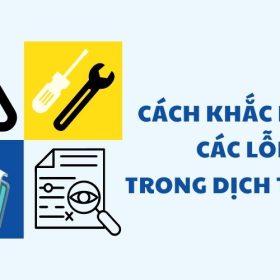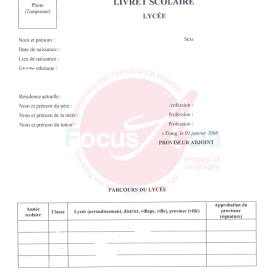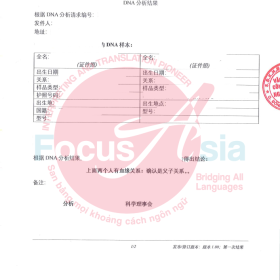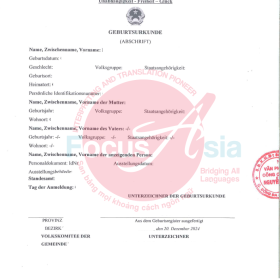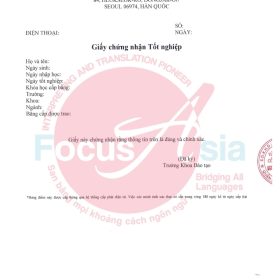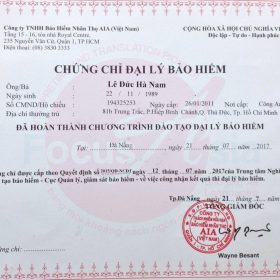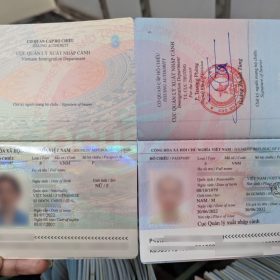Why do we need to notarize translations? Answering all questions
What is the notarization of translations?
Notarization of translations is the process of confirming the accuracy and legality of a translation compared to the original. The notary will carefully compare the content of the translation with the original and confirm that the translation is honest, complete, and error-free.
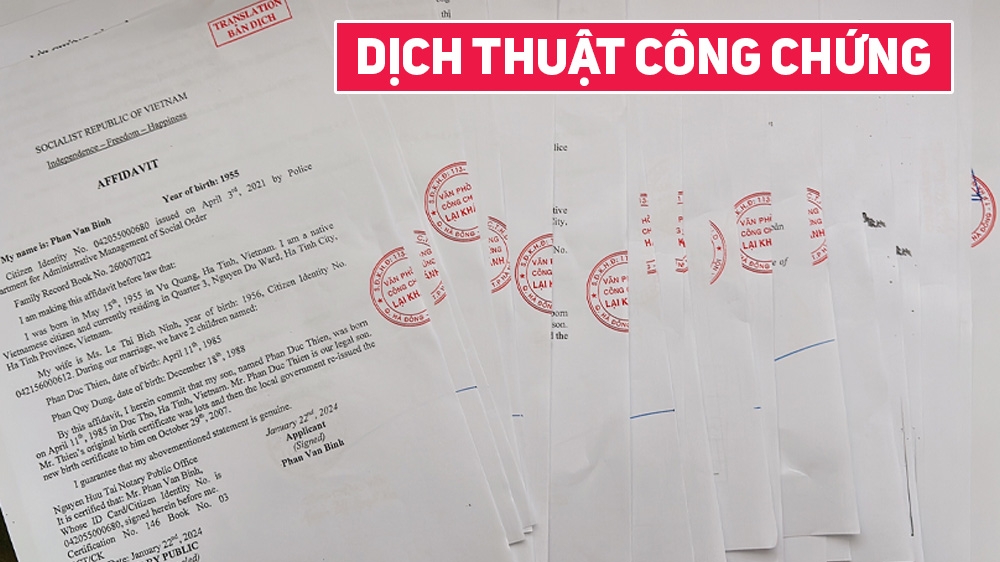
– Legal value:
- Information authentication: Notarized translations have the same legal value as the original, ensuring the accuracy and reliability of the information.
- Used in administrative procedures: Many administrative procedures, especially those related to immigration, marriage, and working abroad, require notarized translations.
- International transactions: In business transactions and international cooperation, notarized translations are important evidence of the content of contracts and agreements.
– Protecting rights:
- Avoid disputes: Notarized translations help avoid disputes arising from errors in the translation process.
- Ensure transparency: Notarized translations ensure transparency and clarity in transactions.
– Requirements:
- Legal regulations: Many legal regulations in Vietnam and other countries require notarized translations for certain documents.
- Requirements from competent authorities: State agencies, organizations, and businesses often request notarized translations to ensure the accuracy and legality of documents.
Types of documents that are commonly notarized:
- Identification documents: Passport, ID card, driver’s license…
- Educational documents: Degrees, transcripts, school records…
- Legal documents: Birth certificates, marriage certificates, divorce papers, wills…
- Business documents: Business licenses, contracts, financial reports…
Translation notarization process:
- Prepare the original: Provide the original documents to be translated.
- Translation: A professional translator will translate the original into the desired language.
- Review: The translation will be carefully reviewed for grammar and content.
- Notarization: The notary will compare the translation with the original and confirm its accuracy.
- Issuing a certificate: The notary will issue a certificate for the notarized translation.
Notes when notarizing a translation:
- Choose a reputable translation unit: Choose an experienced and reputable translation unit to ensure the quality of the translation.
- Check the translation carefully: To avoid errors before submitting your application, please check the notarized translation carefully.
- Preserve the original: Always keep the original documents for comparison when necessary.
CONTACT US – SAIGON TRANSLATION COMPANY NOW TO RECEIVE THE BEST AND FASTEST TRANSLATION AND CERTIFICATION SERVICE!
See more:
Translate and Notarize the Chinese translation of the investment registration certificate












